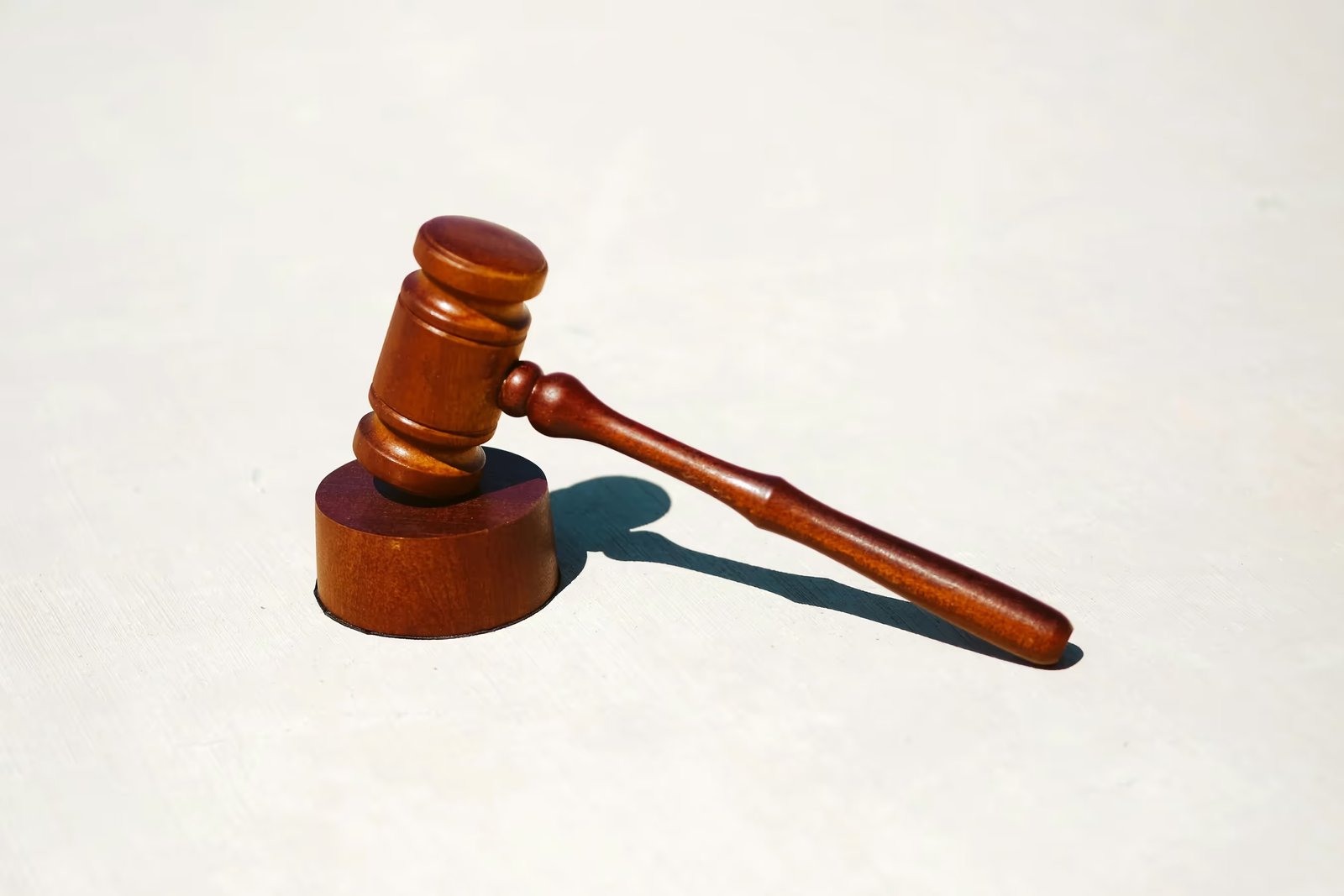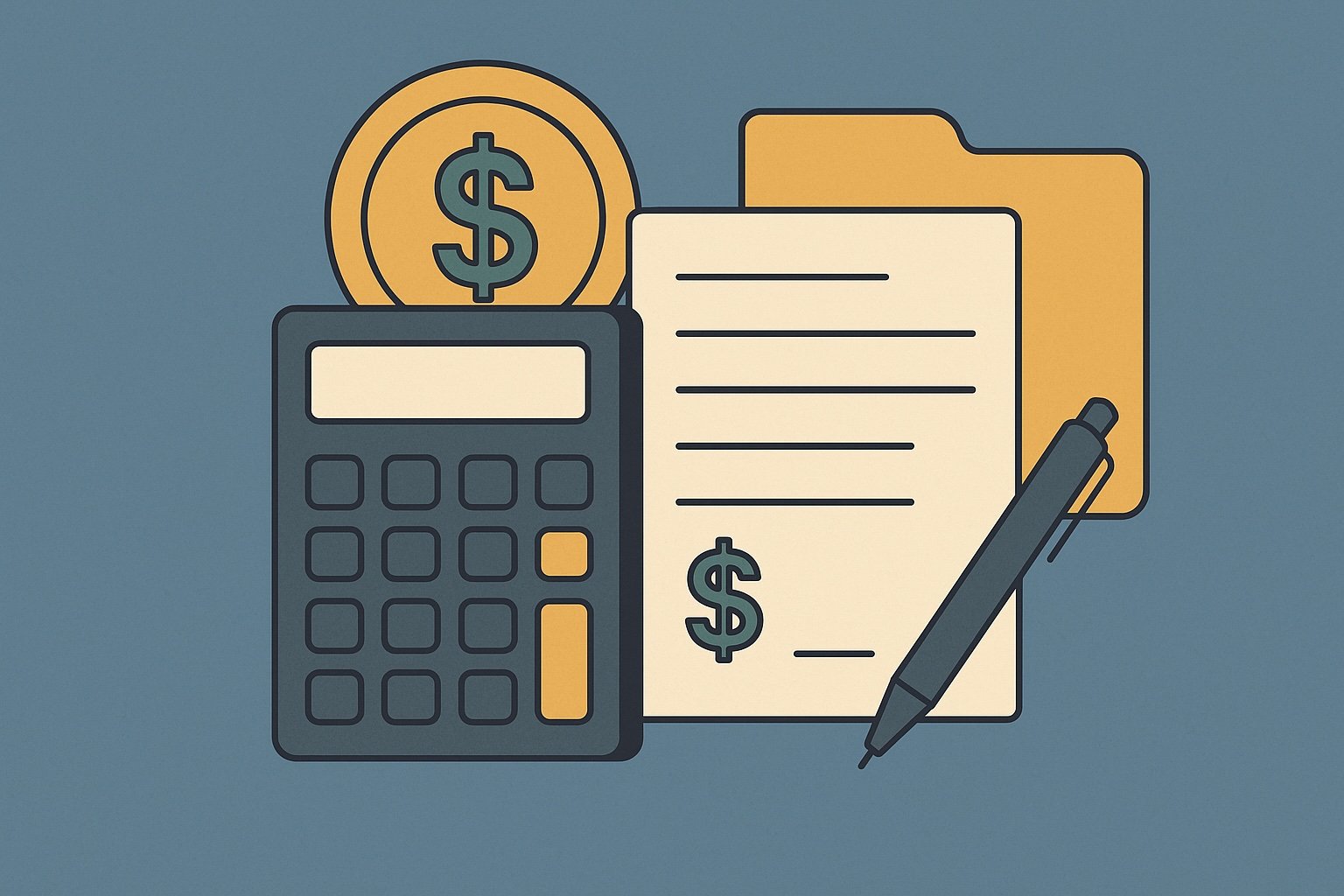Question
ARTE's Answer
The question of how long you need to own a property before you can engage in a 1031 exchange is a common one, and it’s important to understand that the Internal Revenue Code (IRC) Section 1031 does not specify a minimum holding period. Instead, the key factor is the taxpayer’s intent to hold the property for investment or productive use in a trade or business.
The IRS and the regulations under Section 1031 require that the property be “held for productive use in a trade or business or for investment.” This means that the property should not be held primarily for sale, as that would disqualify it from a 1031 exchange. The intent at the time of acquisition and during the holding period is crucial. The IRS will look at the facts and circumstances surrounding the acquisition, holding, and disposition of the property to determine if it was indeed held for investment purposes.
While there is no explicit holding period, there are some guidelines and best practices that can help demonstrate the intent to hold the property for investment:
- Two-Year Holding Period: In one private letter ruling (PLR 8429039), the IRS indicated that a two-year holding period could be sufficient to demonstrate investment intent. Although private letter rulings are not binding for all taxpayers, many advisors consider two years to be a conservative holding period, assuming no other factors contradict the investment intent.
- Twelve-Month Holding Period: Some advisors suggest a minimum holding period of twelve months. This is because a holding period of at least one year allows the property to be reflected as an investment in two tax filing years. Additionally, a one-year holding period was proposed by Congress in 1989, although it was never enacted into law. This proposal is often seen as a reasonable minimum guideline.
- Intent and Circumstances: The most critical aspect is the taxpayer’s intent. The IRS will consider various factors, such as the purpose of the acquisition, the duration of ownership, the taxpayer’s actions during the holding period, and any improvements made to the property. If the property was acquired with the intent to resell quickly for a profit, it may not qualify for a 1031 exchange.
To illustrate this with an example, let’s say you purchased a rental property with the intent to hold it for investment. You owned the property for 18 months, during which you rented it out and made improvements to increase its value. You then decide to sell the property and use the proceeds to acquire a larger rental property through a 1031 exchange.
At Deferred.com, we can serve as your qualified intermediary to facilitate this exchange. As your QI, we would handle the sale of your relinquished property and the acquisition of your replacement property, ensuring compliance with the 1031 exchange rules. By using Deferred.com, you can take advantage of our “No Fee Exchange,” saving you money in the process.
In this scenario, the 18-month holding period, combined with the rental activity and improvements, supports the intent to hold the property for investment. This would likely satisfy the IRS’s requirements for a 1031 exchange, allowing you to defer capital gains taxes on the sale of your relinquished property.
Ultimately, while there is no set minimum holding period, demonstrating a clear intent to hold the property for investment is essential. Consulting with a tax advisor and using a qualified intermediary like Deferred.com can help ensure that your 1031 exchange is structured correctly and meets IRS requirements.
Have more questions? Call us at 866-442-1031 or send an email to support@deferred.com to talk with an exchange officer at Deferred.
1031 Question? Ask ARTE
Deferred's AI 1031 Research Assistant is trained on 8,000+ pages of US tax law and outperforms human CPAs by 22%+
CHAT NOW
Learn More
See more frequently asked questions about 1031 exchanges








